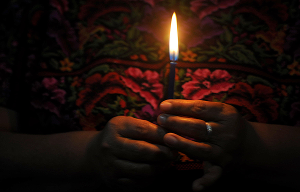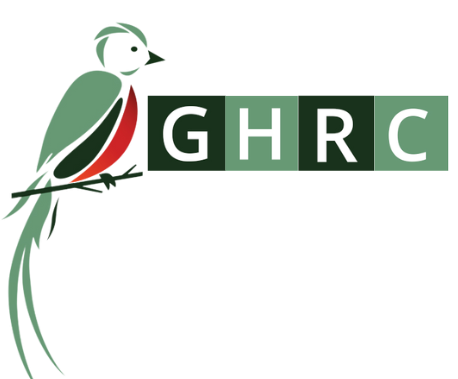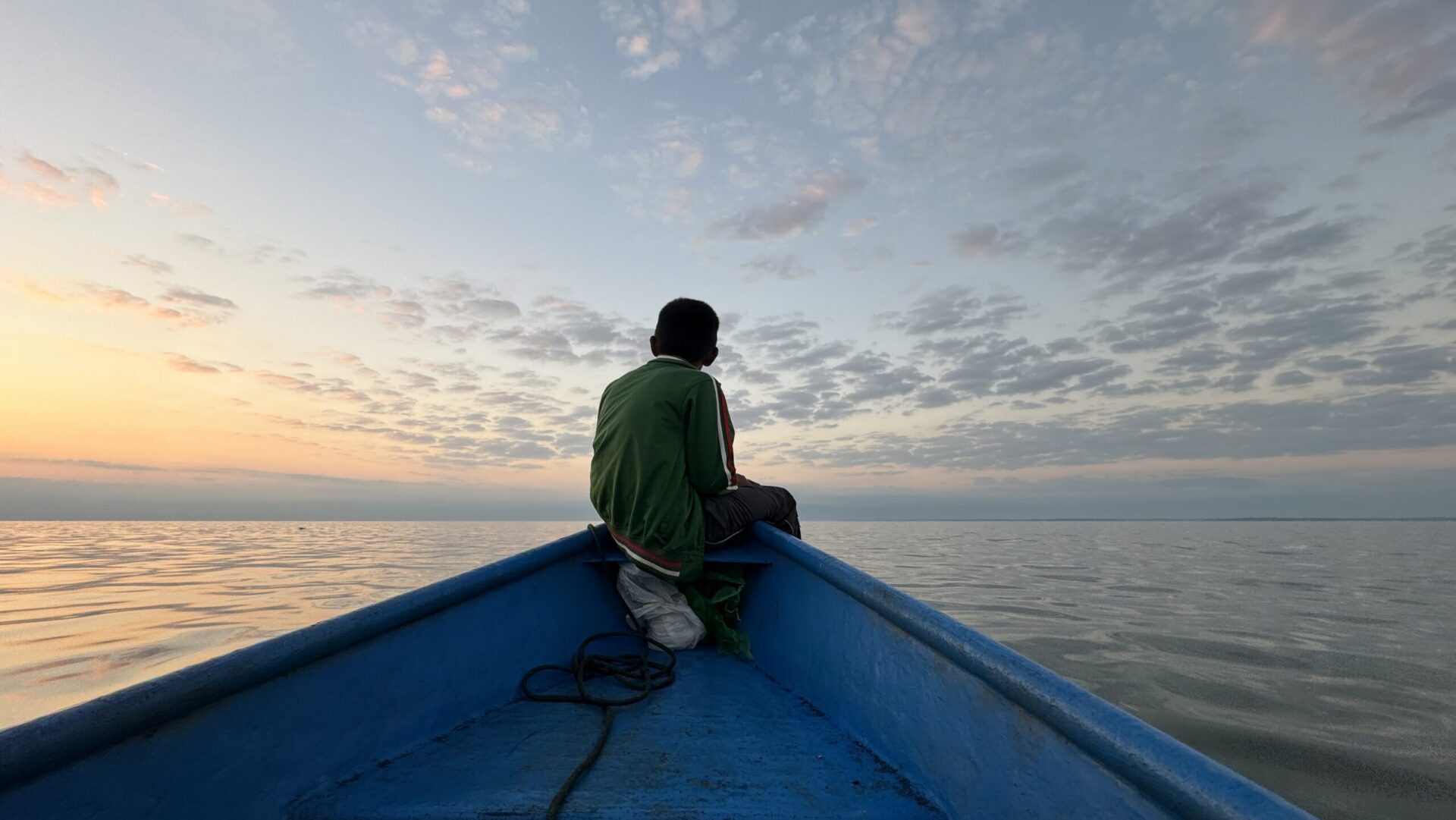 In July of 1982, the army constructed a military outpost for “rest and relaxation” in Sepur Zarco (between Panzos and El Estor) and assigned a regiment of soldiers there. Over a period of six years, the military ordered women from surrounding communities to report to the base to serve the soldiers, and to cook and wash clothes for them. The soldiers also repeatedly raped the women, who were forced to serve in three-day “shifts” for a period of 4-10 months, depending on each individual. Although these formal shifts ended in 1983, for many of the women, their harassment and suffering continued until the outpost was closed in 1988.
In July of 1982, the army constructed a military outpost for “rest and relaxation” in Sepur Zarco (between Panzos and El Estor) and assigned a regiment of soldiers there. Over a period of six years, the military ordered women from surrounding communities to report to the base to serve the soldiers, and to cook and wash clothes for them. The soldiers also repeatedly raped the women, who were forced to serve in three-day “shifts” for a period of 4-10 months, depending on each individual. Although these formal shifts ended in 1983, for many of the women, their harassment and suffering continued until the outpost was closed in 1988.
Many of the victims were stigmatized by their communities and blamed for the abuses they suffered. Still, nearly 30 years later, several of the victims decided to come forward with their stories. In 2011, with the support of a network of feminist organizations called the Alliance to End Silence and Impunity, 15 of the women and 5 male witnesses initiated a process to bring the case to trial. Two ex-military officials named in the case were finally arrested in June 2014, and Guatemala’s High Risk Court ruled to open trial in October 2014, though the case is currently on hold as a result of multiple challenges made by the defense.
The Sepur Zarco case is historic for being the first criminal trial that pertains to sexual violence during Guatemala’s armed conflict, as well as the first sexual slavery case heard in a national court. Importantly, it also illustrates the army’s use of rape as a weapon of war and of genocide.
 |
|||
| HISTORY OF SEPUR ZARCO |
RECENT UPDATES | MULTIMEDIA | NONE AT THIS TIME |
RECENT UPDATES:
La Alianza Rompiendo el Silencio y la Impunidad: Sepur Zarco Case Timeline
Upside Down World: An interview with human rights lawyer Gabriela Rivera about the Sepur Zarco case
Mujeres Transformando el Mundo: Sepur Zarco fact sheet
KBOO Community Radio: Interview with Guatemalan human rights lawyer Gabriela Rivera and GHRC Executive Director Kelsey Alford-Jones
VIEW A HISTORY OF THE CASE:
During Guatemala’s internal armed conflict, many of the historic conflicts over property rights were escalated as large landowners requested the help of the Guatemalan army in the protection of their lands. Within this context, several men from the department of Izabal (where Sepur Zarco is located) had initiated a process in 1982 to obtain legal titles for their land, and, as a result, were captured and disappeared by members of the military.
After the men were taken away, soldiers returned to destroy their goods and houses. Several of the men’s wives were also raped in their homes, in front of their children. In the aftermath, some of the women fled to the surrounding mountains to hide; many of them lost children to starvation and disease. Others, including the 15 victims from the legal case, were displaced to the base at Sepur Zarco and held in domestic and sexual slavery.
Development of the legal case:
- On March 4 and 5, 2010, women from Sepur Zarco participated alongside other survivors in the “First Court of Conscience on Sexual Violence against Women During the Armed Conflict.” This mock tribunal served as a symbolic form of justice while conditions for accessing the formal legal system were not yet in place in Guatemala, and as a political action to raise awareness about sexual violence. Importantly, the event also allowed the women to break their silence about the abuses they had suffered.
- On September 30, 2011, a criminal lawsuit was presented before the justice system by two Guatemalan feminist organizations: Mujeres Transformando el Mundo and UNAMG.
- Between September 24-28, 2012, the statements of 15 Q’eqchi’ women and 5 Q’eqchi’ men were taken in an anticipated evidence hearing — a hearing conducted when there is concern that the witnesses may not live long enough to testify. While testifying throughout the week, the women covered their faces with scarves to protect their identities. Just four months after the hearings, one of the victims of the case passed away, the youngest of the group.
- On June 14, 2014, two people were arrested in connection to the case: Lt. Col. Esteelmer Reyes Girón and ex-military commissioner Heriberto Valdéz Asij. At the time, Reyes Girón was the Second Lieutenant in charge of Sepur Zarco, and is being charged with the murder of a women and her two children, and crimes against humanity in the form of sexual violence, and sexual and domestic slavery. Valdéz Asij was identified as military commissioner of Panzos and commander of the civil patrols in the area, and is being charged with the forced disappearance of 7 men as well as crimes against humanity. These arrests were made after almost three years of investigation, at which point there was enough information to charge the two men.
- On June 24, 2014, the first public hearing against Reyes Girón and Valdéz Asij was scheduled to begin; however, the hearing was then rescheduled to October 3, 2014. The case remained on hold for several months due to a challenge by the defense regarding the alleged impartiality of investigative judge Miguel Ángel Gálvez.
- A preliminary hearing scheduled for June 4, 2015 was rescheduled for June 10 because attorneys for one of the defendants, Lt. Col. Esteelmer Reyes, failed to arrive in court.
- The case will be heard in a court of law on February 1, 2016. It will be the first instance of a Guatemalan court considering wartime sexual violence and slavery as an international crime. Alongside the public prosecutors, civil parties include Mujeres Transformando el Mundo (MTM), the Unión Nacional de Mujeres Guatemaltecas (UNAMG) and victims´ association Colectiva Jalok U.


